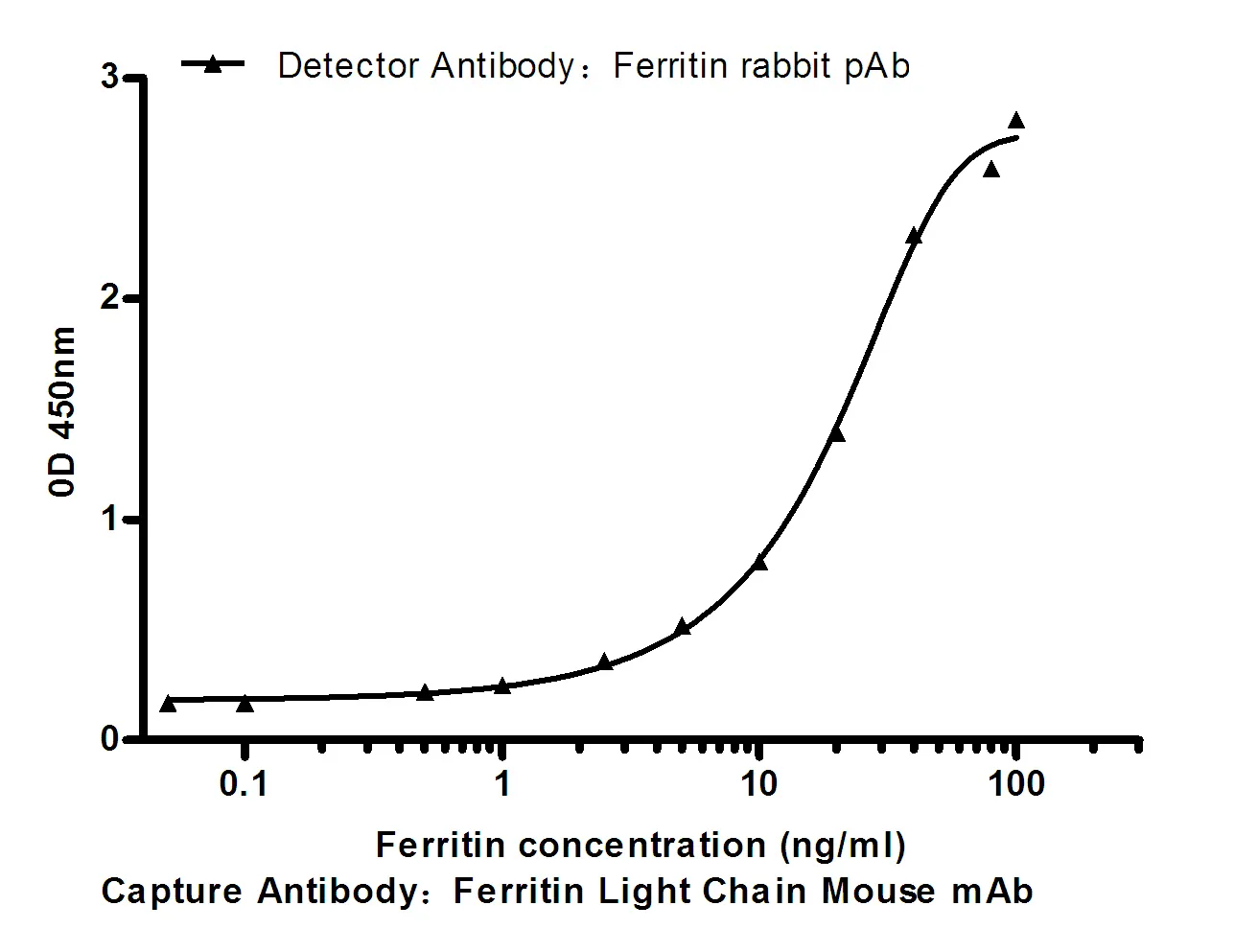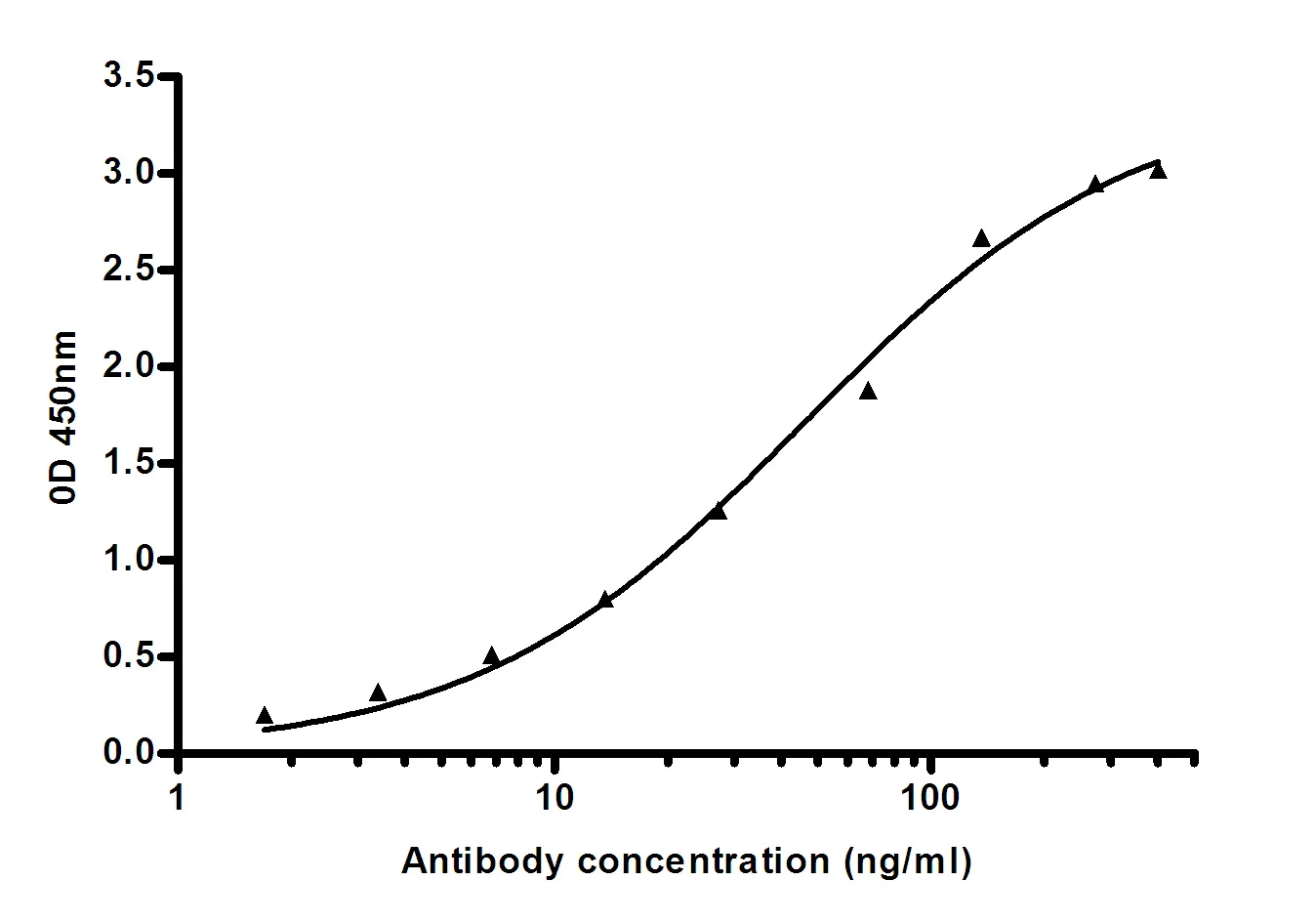Summary
Performance
Immunogen
Application
Background
Hexokinases phosphorylate glucose to produce glucose-6-phosphate, the first step in most glucose metabolism pathways. Alternative splicing of this gene results in three tissue-specific forms of glucokinase, one found in pancreatic islet beta cells and two found in liver. The protein localizes to the outer membrane of mitochondria. In contrast to other forms of hexokinase, this enzyme is not inhibited by its product glucose-6-phosphate but remains active while glucose is abundant. Mutations in this gene have been associated with non-insulin dependent diabetes mellitus (NIDDM), maturity onset diabetes of the young, type 2 (MODY$2) and persistent hyperinsulinemic hypoglycemia of infancy (PHHI). [provided by RefSeq, Apr 2009],catalytic activity:ATP + D-glucose = ADP + D-glucose 6-phosphate.,disease:Defects in GCK are the cause of familial hyperinsulinemic hypoglycemia type 3 (HHF3) [MIM:602485]. HHF is the most common cause of persistent hypoglycemia in infancy. Unless early and aggressive intervention is undertaken, brain damage from recurrent episodes of hypoglycemia may occur.,disease:Defects in GCK are the cause of maturity onset diabetes of the young type 2 (MODY$2) [MIM:125851]; also shortened MODY-2. MODY [MIM:606391] is a form of diabetes mellitus characterized by autosomal dominant transmission and early age of onset. Mutations in GCK result in mild chronic hyperglycemia due to reduced pancreatic beta cell responsiveness to glucose, decreased net accumulation of hepatic glycogen and increased hepatic gluconeogenesis following meals.,enzyme regulation:The use of alternative promoters apparently enables the type IV hexokinase gene to be regulated by insulin in the liver and glucose in the beta cell. This may constitute an important feedback loop for maintaining glucose homeostasis.,function:Catalyzes the initial step in utilization of glucose by the beta-cell and liver at physiological glucose concentration. Glucokinase has a high Km for glucose, and so it is effective only when glucose is abundant. The role of GCK is to provide G6P for the synthesis of glycogen. Pancreatic glucokinase plays an important role in modulating insulin secretion. Hepatic glucokinase helps to facilitate the uptake and conversion of glucose by acting as an insulin-sensitive determinant of hepatic glucose usage.,miscellaneous:In vertebrates there are four major glucose-phosphorylating isoenzymes, designated hexokinase I, II, III and IV (glucokinase).,online information:Glucokinase entry,similarity:Belongs to the hexokinase family.,tissue specificity:Pancreas (isoform 1) and liver (isoform 2 and isoform 3).,
Research Area
Glycolysis / Gluconeogenesis;Galactose metabolism;Starch and sucrose metabolism;Amino sugar and nucleotide sugar metabolism;Insulin_Receptor;Type II diabetes mellitus;Maturity onset diabetes of the young;



